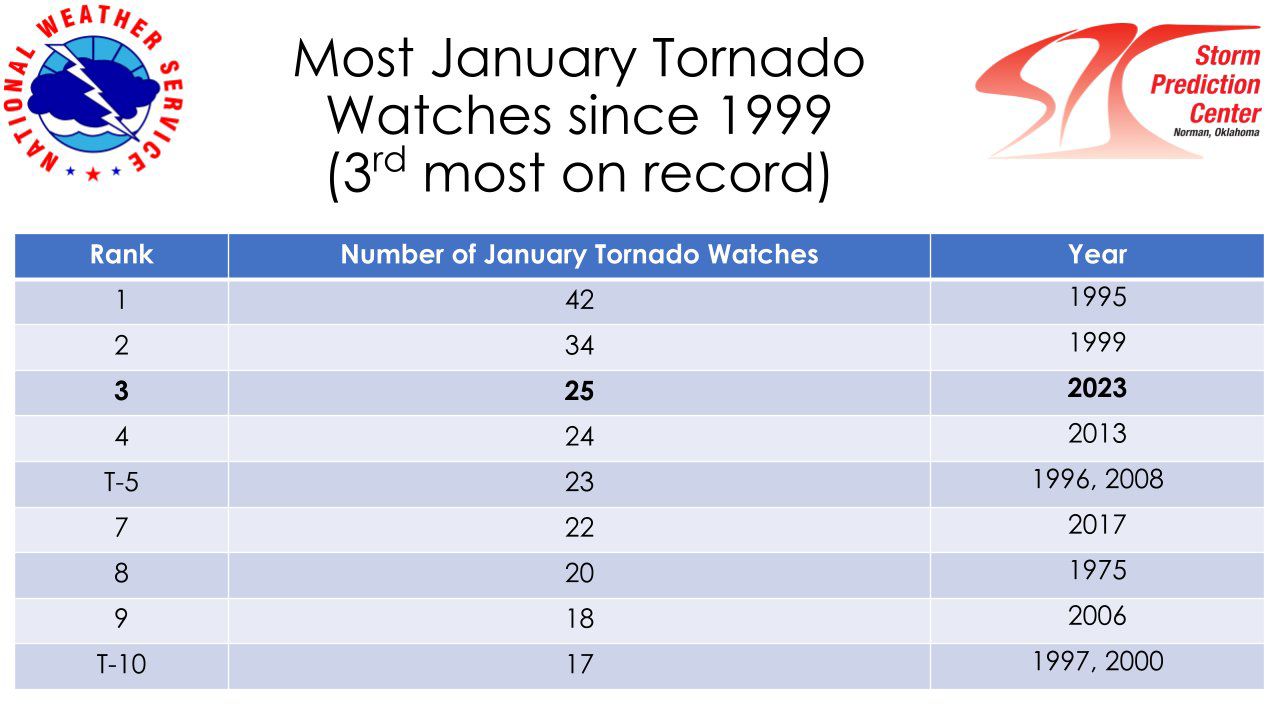The Biden administration and a manufacturer of abortion pill mifepristone asked the Supreme Court on Friday to preserve access to the drug free from restrictions imposed by lower court rulings while a legal fight continues.
Danco Laboratories filed its emergency request with the high court less than two days after an appeals court ruling in a case from Texas that had the effect of tightening the rules under which the drug can be prescribed and dispensed.
Shortly after, the Justice Department filed an emergency appeal of its own, arguing that the court must act to prevent “unprecedented lower court orders countermanding FDA’s scientific judgment and unleashing regulatory chaos.”
“The abrupt shift in the regulatory landscape that would be required by the lower courts’ orders raises a host of unprecedented issues and has put FDA and regulated entities in an impossible position,” the filing, submitted by Solicitor General Elizabeth Prelogar, reads.
“FDA has spent the last week first grappling with the implications of the district court’s order, then racing to untangle the different and enormously more complicated issues raised by the Fifth Circuit’s decision,” the filing continues. “And in the meantime, another district court has enjoined FDA from doing anything to change the conditions on the distribution of mifepristone in 17 States and the District of Columbia — which means that FDA risks contempt if it takes action to permit the marketing of mifepristone in a manner consistent with the Fifth Circuit’s order.”
“This Court should put a stop to that untenable situation by staying the district court’s order in full,” Prelogar added.
The new limits would take effect Saturday unless the court acts before then.
The fight over mifepristone lands at the Supreme Court less than a year after conservative justices reversed Roe v. Wade and allowed more than a dozen states to effectively ban abortion outright.
Danco, based in New York, asked the court for a temporary order to keep in place Food and Drug Administration regulations governing mifepristone. Such an order would give the justices time to more fully consider each side’s arguments without the pressure of a deadline.
A ruling from the 5th U.S. Circuit Court of Appeals late Wednesday would prevent the pill, used in the most common abortion method, from being mailed or prescribed without an in-person visit to a doctor. It also would withdraw the Food and Drug Administration’s approval of mifepristone for use beyond the seventh week of pregnancy. The FDA says it’s safe through 10 weeks.
Still, the appeals court did not entirely withdraw FDA approval of mifepristone while the fight over it continues. The 5th circuit narrowed an April 7 ruling by U.S. District Judge Matthew Kacsmaryk, whose far-reaching and virtually unprecedented order would have blocked FDA approval of the pill. He gave the administration a week to appeal.
In its filing, Danco – which produces Mifeprex, a branded version of mifepristone – said that the 5th Circuit Court’s ruling “created regulatory chaos across the country” and an “untenable limbo,” not just for the company, but “for women, and for health care systems all trying to navigate these uncharted water.”
“Leaving the Fifth Circuit’s ruling in place will irreparably harm Danco, which will be unable to both conduct its business nationwide and comply with its legal obli- gations under the FDCA nationwide,” the filing reads. “The lack of emergency relief from this Court will also harm women, the healthcare system, the pharmaceutical industry, States’ sovereignty interests, and the separation-of-powers.”
Attorney General Merrick Garland said Thursday that the 5th circuit did not go far enough to “protect Americans’ access to safe and effective reproductive care.”
Mifepristone was approved by the FDA more than two decades ago and is used in combination with a second drug, misoprostol.
Adding to the uncertainty, a separate federal judge in Washington on Thursday clarified his own order from last week to make clear that the FDA is not to do anything that might block mifepristone’s availability in 17 Democrat-led states suing to keep it on the market.
It’s unclear how the FDA can comply with court orders in both cases.
The Texas lawsuit was filed by the Alliance Defending Freedom, a conservative legal group that also argued to overturn Roe v. Wade, and is representing anti-abortion doctors and medical organizations.
ADF attorneys said Thursday they did not plan to seek an appeal that might restore the Texas court’s full ruling at this point, signaling they were content with appellate outcome.
“The 5th Circuit’s decision is a significant victory for the doctors we represent, women’s health, and every American who deserves an accountable federal government acting within the bounds of the law,” said Erin Hawley, an attorney for Alliance Defending Freedom.
The two judges who voted to tighten restrictions, Kurt Engelhardt and Andrew Oldham, are both appointees of former President Donald Trump. The third judge, Catharina Haynes, is an appointee of former President George W. Bush. She said she would have put the lower court ruling on hold entirely for now to allow oral arguments in the case..
The appeals court judges in the majority in Wednesday’s decision noted that the Biden administration and mifepristone’s manufacturer “warn us of significant public consequences” that would result if mifepristone were withdrawn entirely from the market under the lower court ruling.
But the judges suggested FDA changes making mifepristone easier to obtain since 2016 were less consequential than its initial approval of the drug in 2000. It would be “difficult” to argue the changes were “so critical to the public given that the nation operated — and mifepristone was administered to millions of women — without them for sixteen years” the judges wrote.
Use of medication abortion jumped significantly after the 2016 rule expansion, according to data gathered by the Guttmacher Institute, a research group that supports abortion rights. In 2017, medication abortion accounted for 39% percent of abortions but by 2020 had increased to become the most common method, accounting for 53% of all abortions.
Experts have said the use of medication abortion has increased since the court overturned Roe.
When the drug was initially approved, the FDA limited its use to up to seven weeks of pregnancy. It also required three in-person office visits: the first to administer mifepristone, the next to administer the second drug, misoprostol, and the third to address any complications. It also required a doctor’s supervision and a reporting system for any serious consequences of the drug.
If the appeals court’s action stands, those would again be the terms under which mifepristone could be dispensed for now. At the core of the Texas lawsuit is the allegation that the FDA’s initial approval of mifepristone was flawed because the agency did not adequately review safety risks.
Mifepristone has been used by millions of women over the past 23 years. While less drastic than completely overturning the drug’s approval, the latest ruling still represents a stark challenge to the FDA’s authority overseeing how prescription drugs are used in the U.S. The panel overturned multiple decisions made by FDA regulators after years of scientific review.
Common side effects with mifepristone include cramping, bleeding, nausea, headache and diarrhea. In rare cases, women can experience excess bleeding that requires surgery to stop.
Still, in loosening restrictions on mifepristone, FDA regulators cited “exceedingly low rates of serious adverse events.” More than 5.6 million women in the U.S. had used the drug as of June 2022, according to the FDA. In that period, the agency received 4,200 reports of complications in women, or less than one tenth of 1% of women who took the drug.




